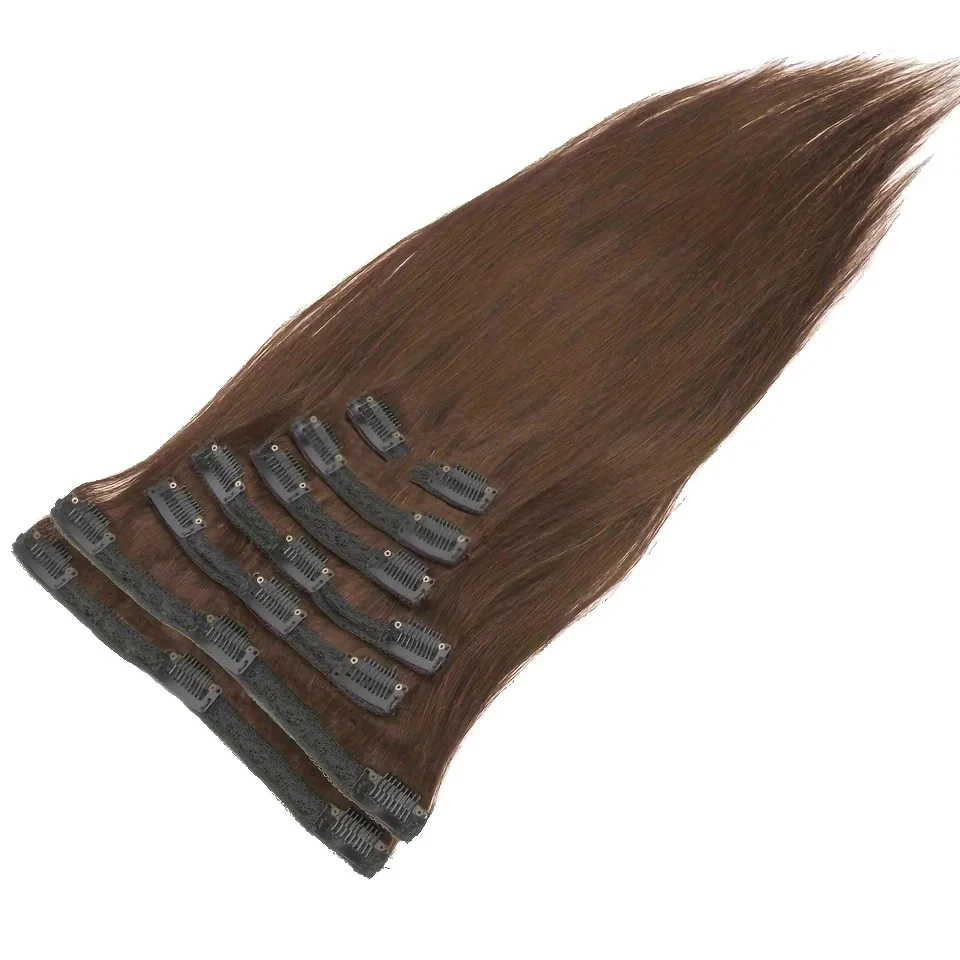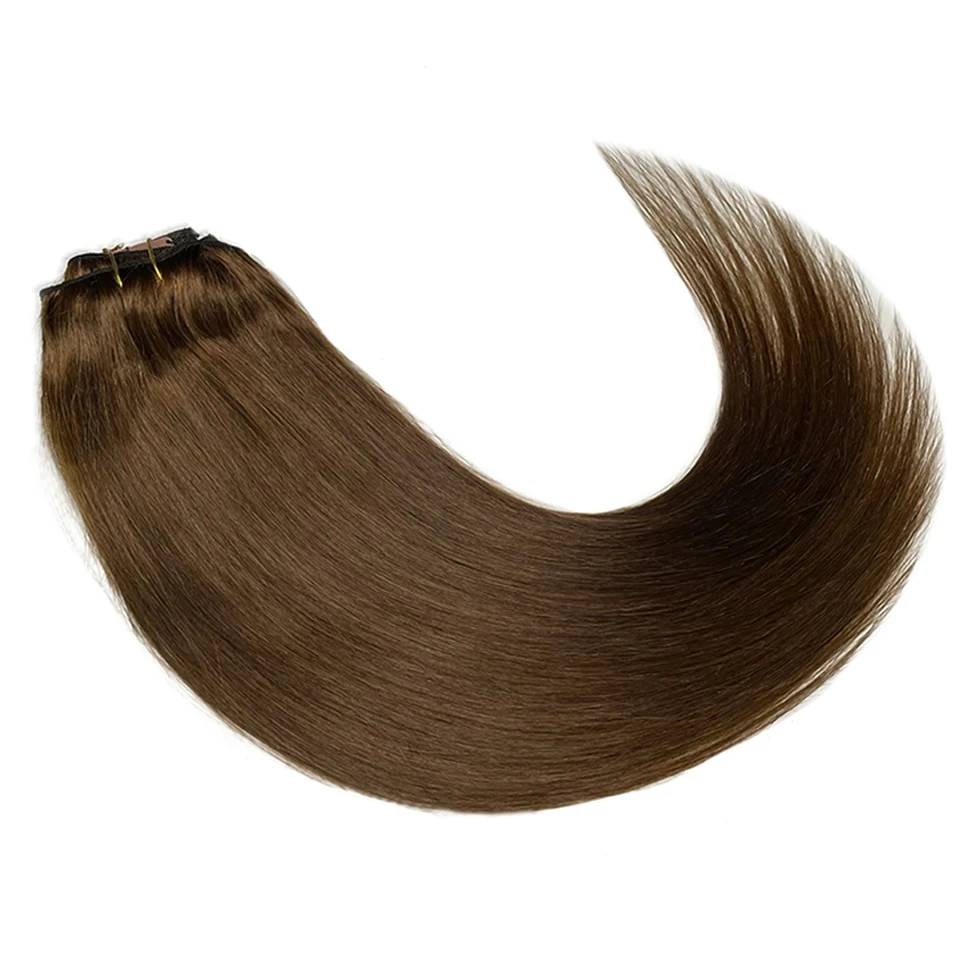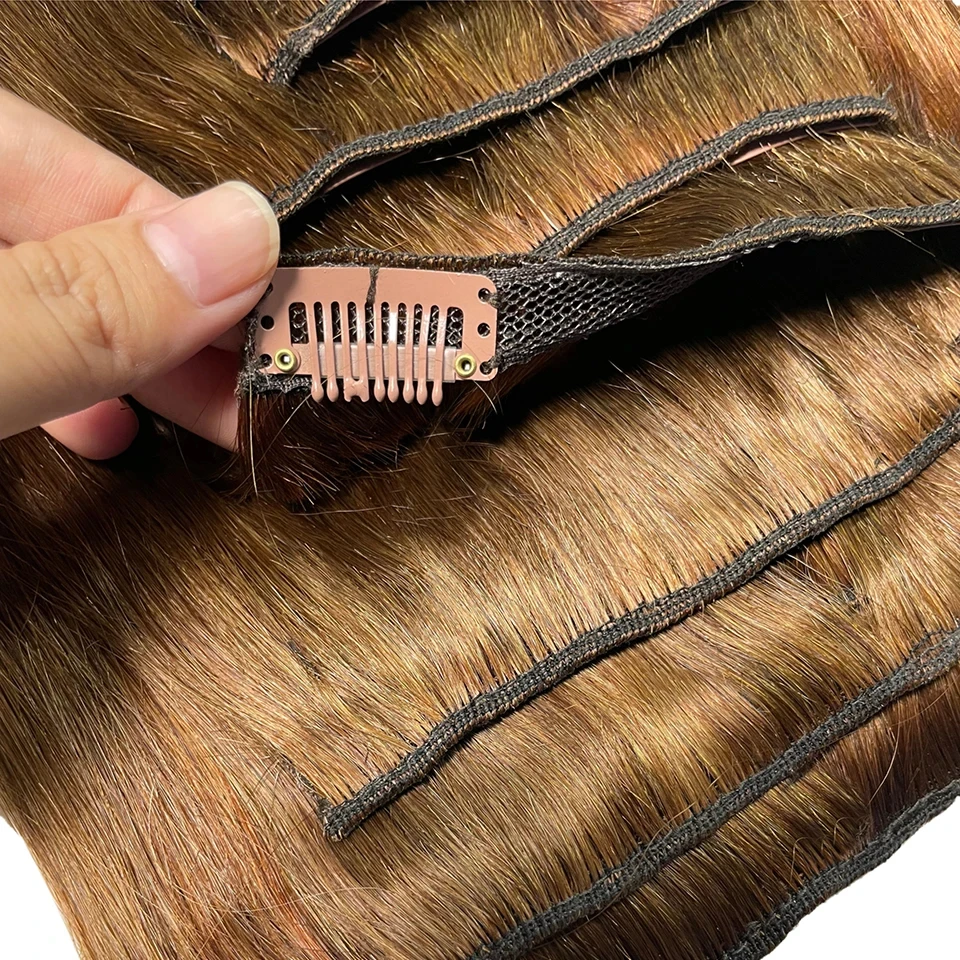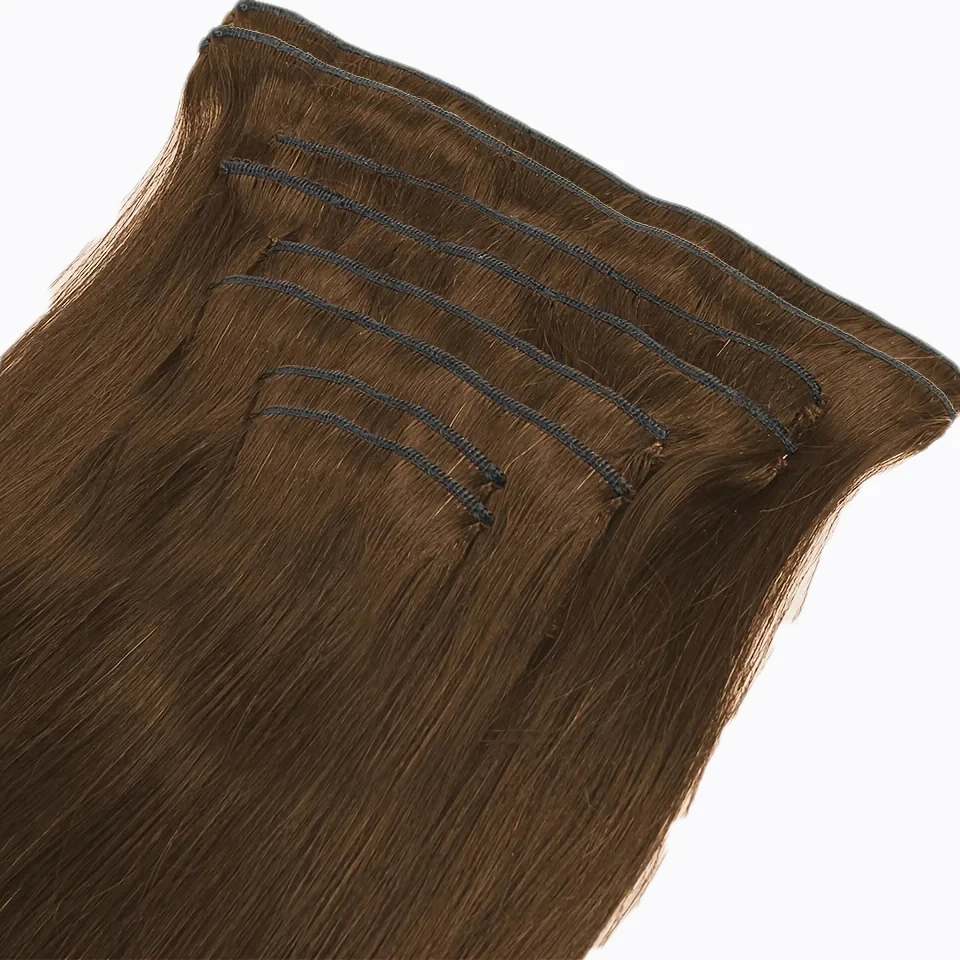Understanding Hair Extensions
Can you swim with hair extensions? Hair extensions are a popular choice for many. They help you achieve long, luscious locks without waiting for your hair to grow. Extensions come in various types, such as clip-in, tape-in, sew-in, and fusion. Each type has a different method of application, and not all are suitable for swimming.
When considering whether to swim with hair extensions, you must first understand their material. Many extensions come from human hair, while others are synthetic. Human hair is often more durable and can withstand heat styling. However, both types can suffer damage from chlorine and saltwater. Knowing how your extensions are made can help you make informed choices about swimming.
Additionally, think about how often you swim. If you are a frequent swimmer, you may want to consider the maintenance involved with your extensions. Regular care is needed to keep them looking their best.

Types of Hair Extensions
- Clip-In Extensions: These can be easily attached and removed. They are perfect for those who want versatility. You can swim without these extensions if you put them aside for the day.
- Tape-In Extensions: These are semi-permanent and bonded with adhesive. They can withstand light swimming but may require extra care afterward.
- Sew-In Extensions: Sew-ins are secure and can last for weeks. However, they are more vulnerable when exposed to chlorine or saltwater.
- Fusion Extensions: These are bonded to your natural hair with a keratin adhesive. They are also not ideal for swimming since they can weaken in water.
The Impact of Chlorine and Saltwater
When you swim, your hair encounters chlorine or saltwater. Chlorine helps keep pools clean but can have negative effects on your hair extensions. It can dry out your hair, leading to frizz and split ends. Saltwater can also dehydrate hair, making it brittle and prone to breakage. Both types of water can damage the bonds in tape-in and fusion extensions.
If you love swimming, you must take some precautions to protect your extensions. Use a swim cap to minimize exposure. A cap can help prevent water from contacting your hair, reducing the risk of damage.
Another option is to rinse your hair before entering the pool. Wetting your hair with fresh water can lessen the amount of chlorine your hair absorbs. While this doesn’t eliminate the risk, it can help.
Post-Swimming Hair Care
After swimming, you should wash your hair. Use a sulfate-free shampoo and a deep conditioner specifically designed for extensions. This can help restore moisture and nourish your hair after exposure to chlorinated or salty water. Pay particular attention to the ends, as they tend to get more dry and tangly.
Also, consider using a leave-in conditioner after washing. This can add an extra layer of protection and help detangle your extensions. Be gentle when you comb through your hair, using a wide-tooth comb to avoid causing breakage.
You might also want to think about using protective hairstyles while swimming. Braiding your hair can keep it neat and help prevent tangling. Loose buns are another option. These styles can save you from more extensive damage and make maintenance easier when you leave the water.

Preparing for a Swim
Before you jump into the pool, take the time to prepare your hair properly. Start by applying a leave-in conditioner. This will help protect your extensions from chlorine damage. You can also try applying an oil or hair serum to give additional moisture.
Using a swim cap is a good investment if you swim regularly. It acts as a barrier between your hair and the water. Though it may feel a bit constrictive, it can save your hair from unnecessary exposure.
Make sure to secure your extensions well. If they are loose, they can come out of place while swimming. Double-check your clip-in extensions for security. If you are wearing sew-in or tape-in extensions, ensure they are properly installed to minimize any chances of slipping.
Understanding Extension Lifespan
The lifespan of your extensions can change depending on how well you take care of them. Swimming in chlorinated or salted water frequently can shorten their lifespan. Regular maintenance is essential to keeping them looking their best. Investing in high-quality extensions can also make a significant difference. They can withstand wear and tear better than cheaper alternatives.
If you choose to swim often, you might consider buying lower-cost clip-in extensions for those occasions. This allows you to enjoy swimming without worrying about damaging your more expensive extensions.
Tips for Swimming with Hair Extensions
Preparing Your Hair Extensions for Swimming
Before you hit the pool or the beach, it’s crucial to prepare your hair extensions properly. Start by brushing your hair thoroughly to remove any tangles. Wet your natural hair and extensions with fresh water before swimming. This step helps reduce the amount of chlorinated or salty water that your hair absorbs. Applying a leave-in conditioner or a protective hair serum can also provide an extra layer of protection against water damage.
Protecting Hair Extensions While Swimming
To minimize damage while swimming, consider wearing a swim cap. While swim caps are not always the most fashionable choice, they offer excellent protection against chlorinated and salty water. If a swim cap is not an option, try to limit the amount of time your hair is exposed to water. After swimming, rinse your hair thoroughly with fresh water to remove any chlorine or salt residue. Follow up with a gentle shampoo and conditioner designed for color-treated or processed hair to maintain the health of both your natural hair and extensions.
After-Swim Hair Care Routine
Rinsing and Washing Hair Extensions
After swimming, it’s essential to rinse your hair extensions as soon as possible. Use lukewarm water to gently wash away chlorine or salt. Avoid using hot water, as it can strip away natural oils and cause further damage. Apply a sulfate-free shampoo to cleanse your hair and extensions without drying them out. Follow up with a conditioner that is specifically formulated for extensions to keep them soft and manageable.
Deep Conditioning and Moisturizing
Deep conditioning is a crucial step in maintaining the health of your hair extensions after swimming. Use a moisturizing hair mask or deep conditioner to replenish lost moisture and restore the texture of your extensions. Apply the product evenly from root to tip, focusing on the ends where damage is most likely to occur. Leave the conditioner on for the recommended time to allow it to penetrate deeply. Regular deep conditioning treatments can help prevent dryness and keep your extensions looking their best.
Avoiding Common Mistakes
Over-Exposing Hair Extensions to Water
One common mistake people make is over-exposing their hair extensions to water. Prolonged exposure to chlorine or saltwater can cause significant damage over time. To prevent this, try to limit the amount of time your extensions are submerged in water. If possible, avoid swimming in heavily chlorinated pools or salty ocean water frequently. Taking these precautions will help extend the lifespan of your extensions and maintain their appearance.
Using Harsh Hair Products
Another mistake to avoid is using harsh hair products on your extensions. Products containing sulfates, alcohol, or other drying ingredients can strip away moisture and cause damage. Opt for hair care products that are specifically designed for extensions or those labeled as sulfate-free and gentle. These products will help keep your extensions healthy and prevent unnecessary wear and tear.
Best Practices for Long-Term Maintenance
Regular Check-Ups and Professional Care
Regular check-ups with a professional stylist can help ensure your hair extensions remain in good condition. Schedule periodic appointments to have your extensions inspected and adjusted as needed. A professional can also provide valuable advice on maintaining your extensions and addressing any issues that may arise. Additionally, they can offer treatments and products that are specifically designed to prolong the life of your extensions.

Storing Hair Extensions Properly
Proper storage of your hair extensions is essential for maintaining their quality. When not in use, store your extensions in a cool, dry place away from direct sunlight. Avoid storing them in damp or humid environments, as this can lead to mold or mildew growth. Use a protective case or bag to keep them free from tangles and damage. Proper storage will ensure that your extensions stay in excellent condition and are ready for use whenever you need them.
The Bottom Line
So, can you swim with hair extensions? Yes, but you must take care. Knowing the type of extensions you have and how to protect them is essential. Choose protective styles, use a swim cap, and maintain proper aftercare. With the right precautions, you can enjoy swimming without sacrificing your beautiful hair.
Remember always to check with a professional stylist before making decisions about swimming with your extensions. Some may have unique recommendations based on the specific type you are using. Taking good care of your extensions will allow you to enjoy swimming while keeping your hair looking fabulous.
